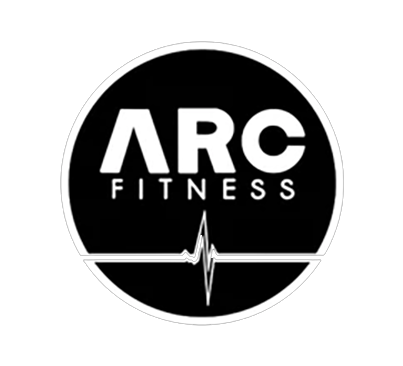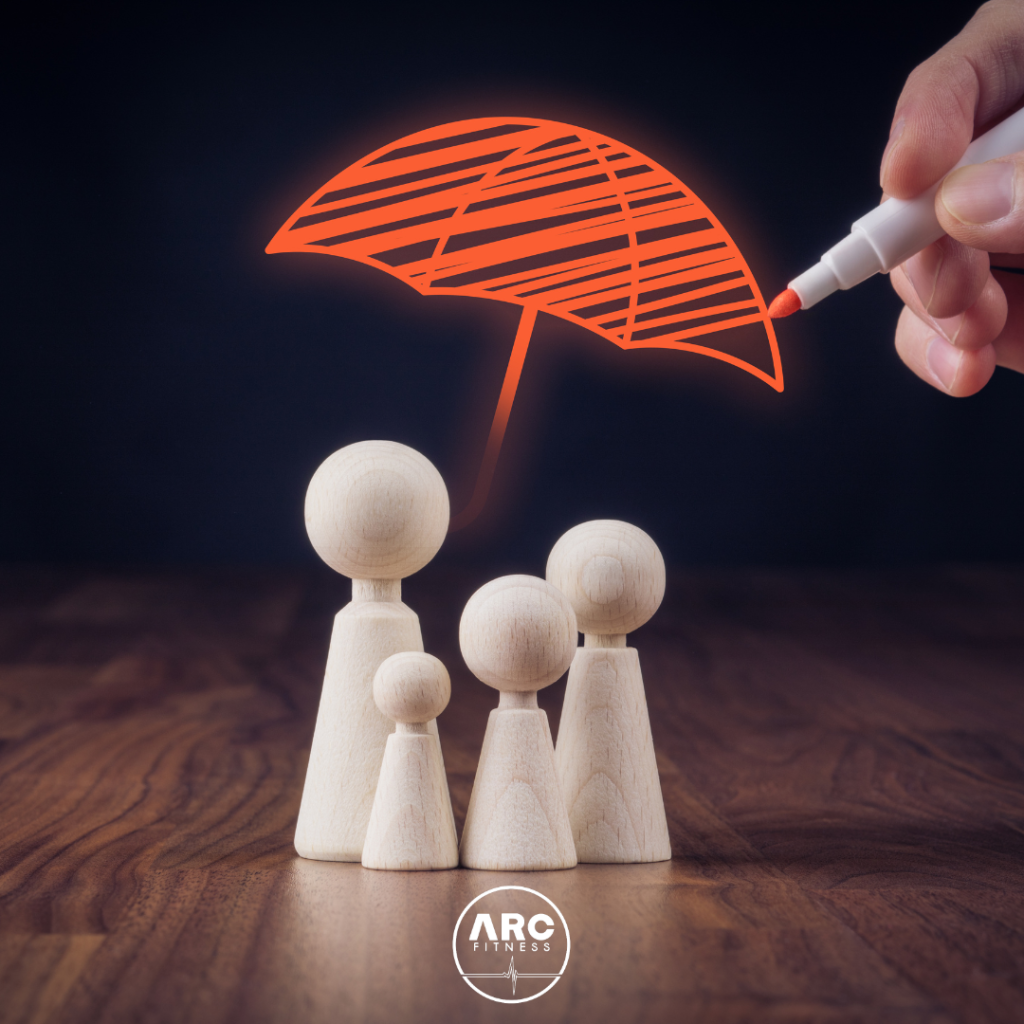No products in the basket.
Arc Fitness
How to Build a Strong Support System During Addiction Recovery: Tips and Strategies.
How to Build a Strong Support System During Addiction Recovery
If you or a loved one is struggling with addiction, building a strong support system is crucial for successful recovery. Overcoming addiction is a difficult journey, and having the right people and resources around you can make all the difference. In this article, we’ll explore how to build a strong support system during addiction recovery, including finding the right people, joining support groups, and utilising professional resources.
The Importance of a Support System in Addiction Recovery
Addiction recovery is not a journey that should be taken alone. Having a strong support system is crucial to maintaining sobriety and navigating the challenges of recovery. A support system can provide encouragement, accountability, and a safe space to share struggles and successes. Without a support system, individuals in recovery may feel isolated, overwhelmed, and tempted to return to their addiction.
How to Build a Strong Support System During Addiction Recovery
Identify the Right People
Building a strong support system starts with identifying the right people. These are individuals who are supportive, non-judgmental, and reliable. They may include family members, close friends, or trusted colleagues. When identifying potential supporters, consider the following:
- Are they willing to listen and provide emotional support?
- Do they have experience with addiction or recovery?
- Are they trustworthy and reliable?
- Will they respect your privacy and boundaries?
It’s important to remember that not everyone in your life may be a suitable support person. Some individuals may not understand addiction or recovery or may have a negative impact on your sobriety. It’s okay to set boundaries and distance yourself from those who are not supportive.
Join a Support Group
In addition to individual support, joining a support group can provide a valuable sense of community and connection. Support groups are made up of individuals who are also in recovery, and provide a safe and confidential space to share experiences and challenges. Attending regular meetings can help individuals in recovery stay motivated, learn coping strategies, and build lasting relationships with others who understand their experience.
Utilise Professional Resources
Professional resources can also play an important role in building a strong support system during addiction recovery. These may include:
- A therapist or counsellor
- A doctor or psychiatrist
- A case manager or social worker
- A sober living facility
These professionals can provide specialised support and guidance that may not be available from friends or family members. They can help individuals in recovery address underlying mental health issues, navigate legal or financial challenges, and provide ongoing support for long-term sobriety.
Frequently Asked Questions
What should I do if I don’t have anyone in my life who can be a support person?
If you don’t have anyone in your life who can provide support during addiction recovery, consider joining a support group or seeking out professional resources. You can also reach out to a helpline or online forum for additional support.
What if I relapse?
Relapse is a common part of the recovery process, and does not mean you have failed. If you relapse, reach out to your support system and professional resources for help getting back on track.
Can I still have fun while in recovery?
Absolutely! Sobriety doesn’t have to mean a life without enjoyment. There are many activities and hobbies that can be enjoyed without alcohol or drugs, such as exercise, art, music, and spending time with loved ones.
Do I have to attend support group meetings for the rest of my life?
Attending support group meetings can be beneficial for long-term sobriety, but it’s ultimately up to each individual to decide what works for them. Some individuals may find that they no longer need support group meetings after a certain amount of time, while others may continue to attend meetings regularly. The most important thing is to prioritise sobriety and maintain a strong support system, whether that includes support groups or other resources.
How can I support a loved one in addiction recovery?
Supporting a loved one in addiction recovery can be challenging, but there are many ways to provide support. Some ways to support a loved one in recovery include:
- Providing emotional support and encouragement
- Educating yourself about addiction and recovery
- Helping to create a sober living environment
- Encouraging healthy habits, such as exercise and self-care
- Attending support group meetings with your loved one
- Being patient and understanding
Remember that addiction recovery is a process, and your loved one may face setbacks and challenges along the way. It’s important to be supportive and non-judgmental, while also encouraging them to seek professional help if needed.
In a Nutshell
Building a strong support system is an essential part of addiction recovery. By identifying the right people, joining support groups, and utilising professional resources, individuals in recovery can find the encouragement, accountability, and community they need to maintain sobriety and navigate the challenges of recovery. Remember that recovery is a journey, and having a strong support system can make all the difference.
If you or a loved one is struggling with addiction, know that help is available. Reach out to a helpline or professional resource for support and guidance.

